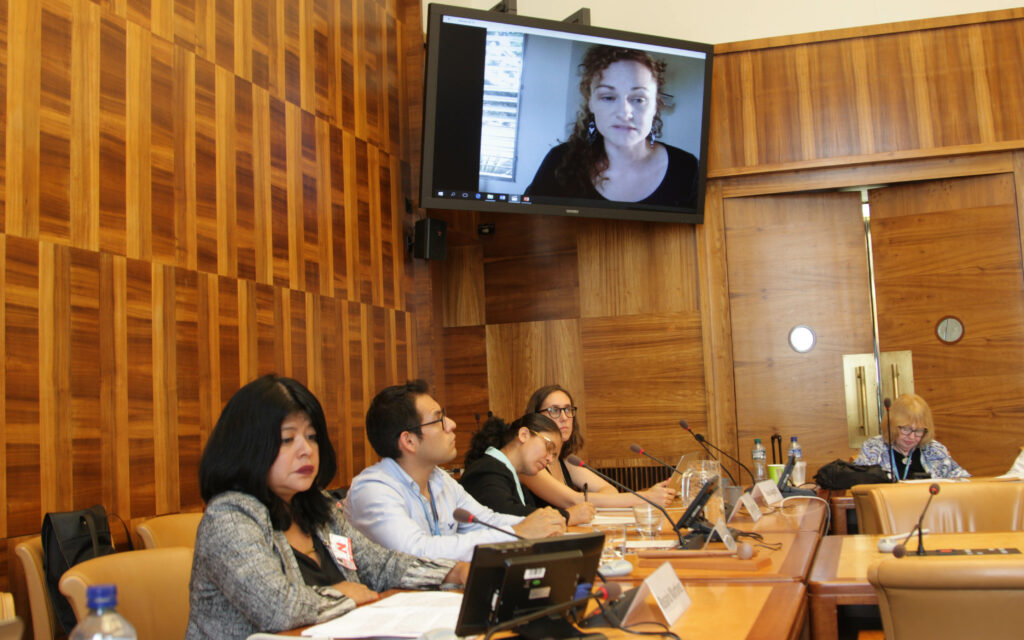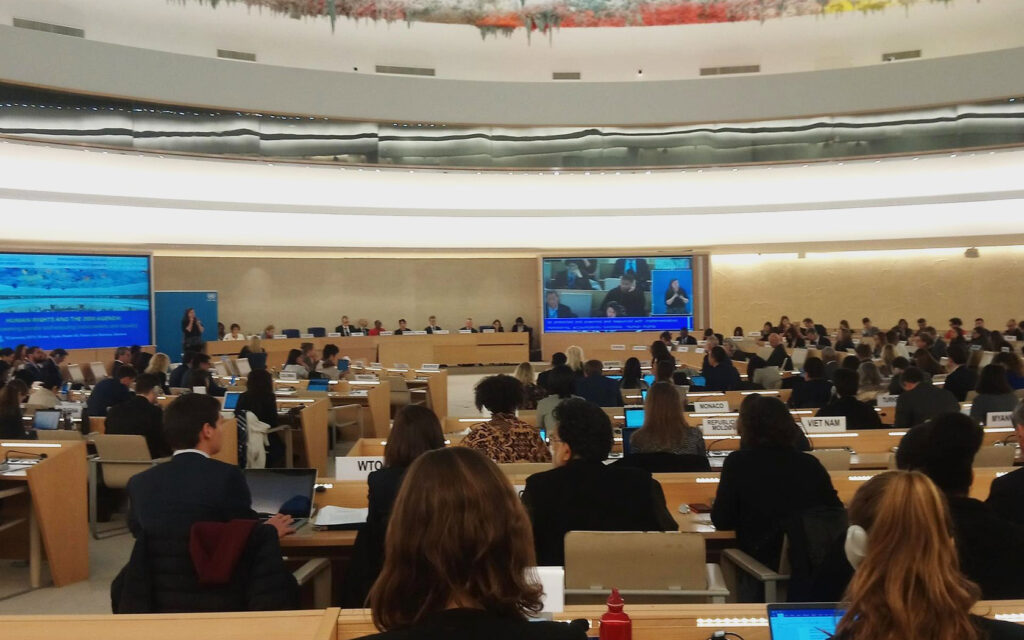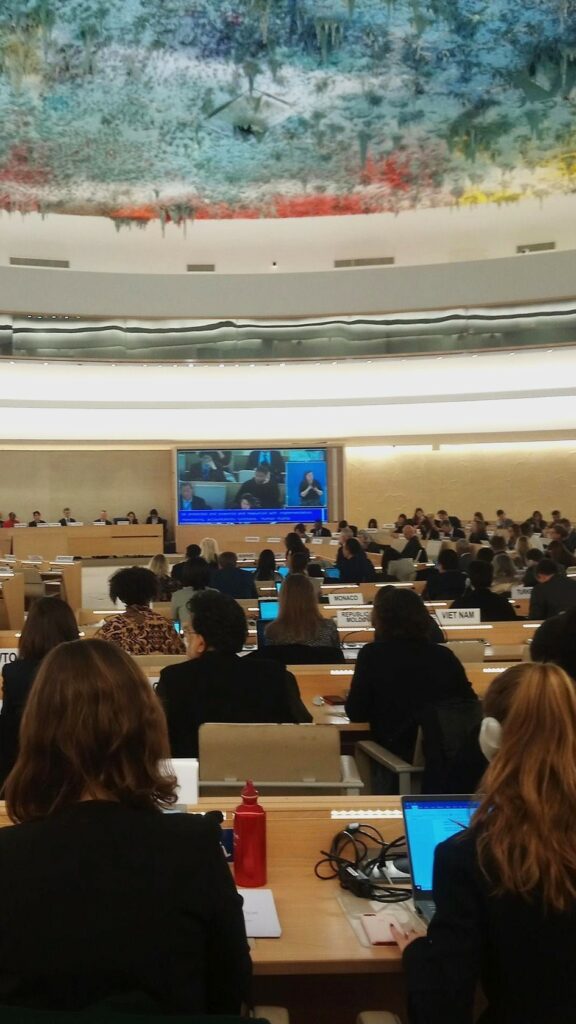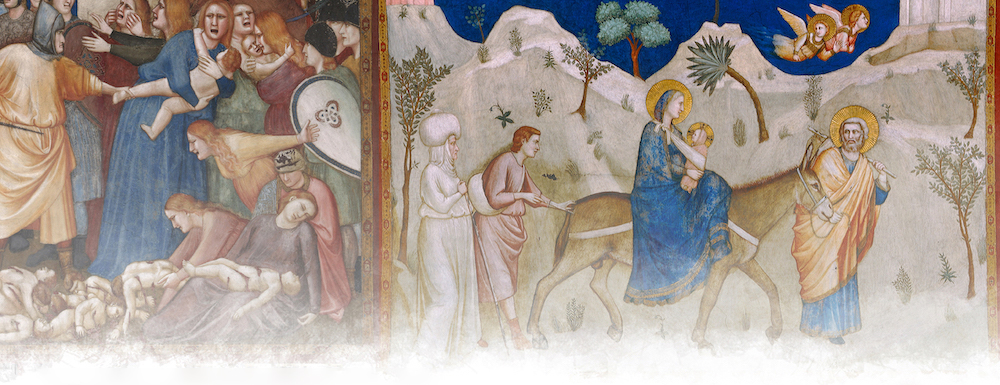Throughout the 41st session of the Human Rights Council, we will organize and co-sponsor a number of side-events where experts and human rights defenders discuss key thematic and country specific issues.
#NoCasteLeftBehind: Dalit Women and Gender Justice
• 25 June 2019 • 14.30 – 15.30 • Room IX, Palais des Nations
Come join us in exploring why ending caste and gender discrimination is key to achieving the Global Goals and ensuring that no one is left behind.
This side-event aims to promote a conversation between Dalit women human rights defenders and UN experts about the practical means by which the UN human rights system can contribute to achieving SDG 5 for over a hundred million caste affected women. The panel format used at this event aims to enhance the participation of the audience, as well of the digital audience of the event.
A recording of the side event is available here.
Human Rights Situation of Migrants in Mexico and Central America
• 25 June 2019 • 15.30 – 16.30 • Room IX, Palais des Nations
In 2018, four waves of migrants brought renewed attention to the human rights situation in Central America. Although the causes driving this exodus were not new, people seeking refuge from violence and extreme poverty do so in a context that is increasingly hostile toward them and those trying to offer assistance – including human rights defenders.Cases of discrimination, violence, enforced disappearances, as well as violations of the right to claim asylum have been documented by several national and international organizations. Meanwhile, official policies dealing with migrants have become more aggressive, and now include mass deportations and family separation.
This side-event will provide an opportunity to discuss the most recent developments in Central America: human rights defenders and experts directly involved in providing support to migrants will share their experiences, and further explore the obligations of countries of origin, transit, and destination.
A recording of the side event is available here.
Climate change, poverty, and human rights
• 28 June 2019 • 9.30 – 10.30 • Room IX, Palais des Nations
Scientists and development actors agree that the consequences of climate change will disproportionately impact persons living in poverty and undermine decades of development as the planet continues to warm. During this side-event, panelists will explore solutions towards an effective integration of human rights into climate action to achieve poverty alleviation and sustainable development.Models that connect the dots between commitments on sustainable development, climate action and human rights will be discussed as government, United Nations, and civil society representatives share their experiences in developing, implementing, and supporting national climate change policies that are inclusive and in line with the ‘leave no one behind’ aspiration.
A recording of the side event is available here.
Integrating a human rights perspective in climate action
• 28 June 2019 • 12.00 – 13.00 • Room XV, Palais des Nations
During the 41st session of the Human Rights Council, the Office of the High Commissioner on Human Rights will present its analytical study on gender-responsive climate action for the full and effective enjoyment of the rights of women. This comes at a critical time in the implementation of the Paris Agreement, as States are required to submit new or updated Nationally Determined Contribution (NDCs) in 2020.
This side-event will provide a platform to discuss the impacts of climate change on the enjoyment of human rights, particularly of women, youth, minority groups, and indigenous communities. It will also explore the imperative to ensure that human rights are included in States’ climate policies and actions at all levels and reaffirm the crucial role of the Council in addressing and integrating a human rights perspective in climate change processes.
A recording of the side event is available here.
Women’s and girls’ rights in the Democratic Republic of the Congo: what future?
• 8 July 2019 • 12.00 – 13.00 • Room XXVII, Palais des Nations
Despite international attention to the issue of sexual violence in conflict, and some formal advances in the field of women’s rights, the situation of women and girls in the Democratic Republic of the Congo (DRC), particularly of those exposed to multiple factors of discrimination remains extremely concerning.
As the DRC opens a new chapter in its history and undergoes its 8th review by the CEDAW Committee, the rights of women and girls and their effective participation must be at the center of the new government’s priorities.This event will address issues affecting Congolese women and girls, including the impact of mining activities, gender-based and sexual violence, women’s participation in political and public life, the impact of armed violence on women, particularly in Kasaï and Ituri, as well as the situation of indigenous women.
A recording of the side event is available here.










